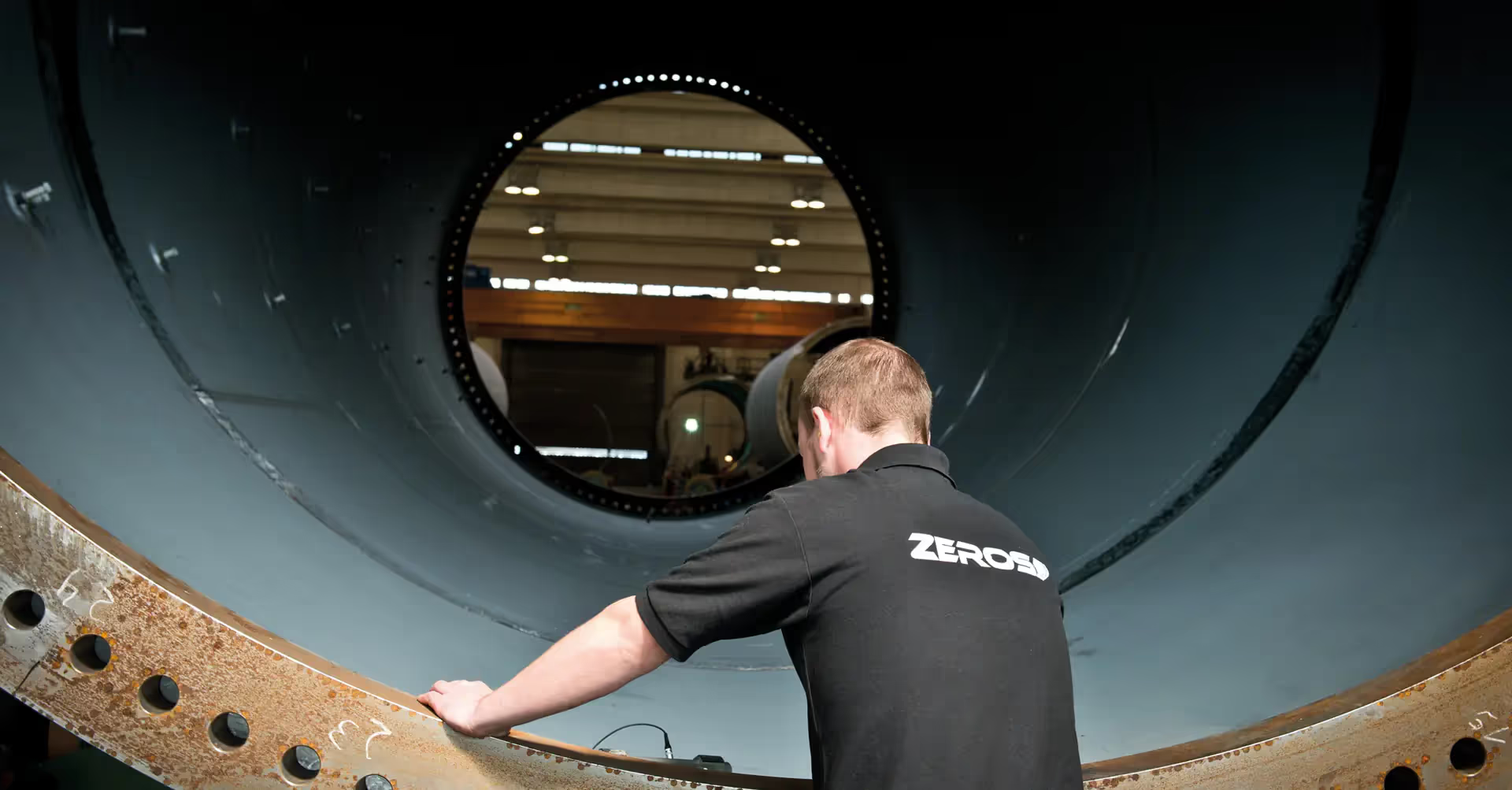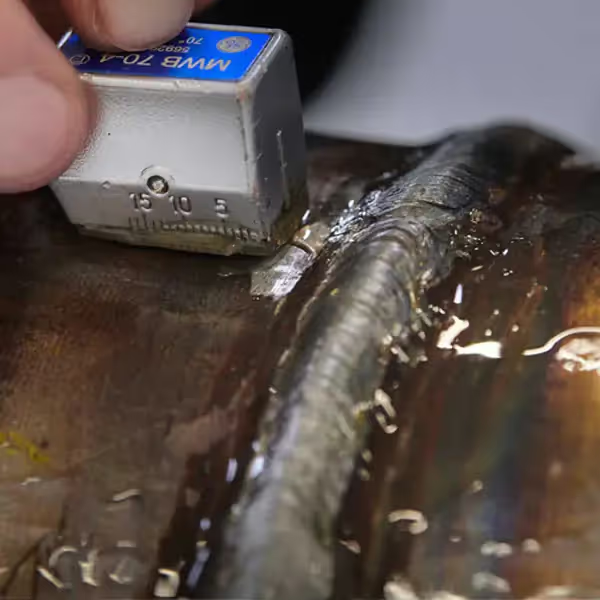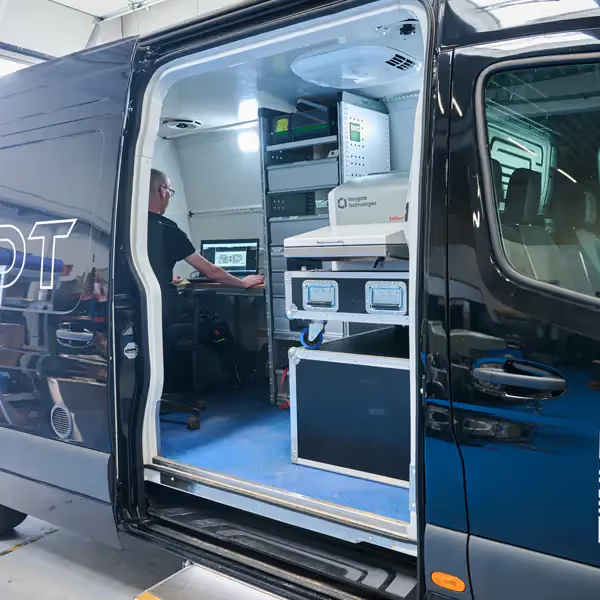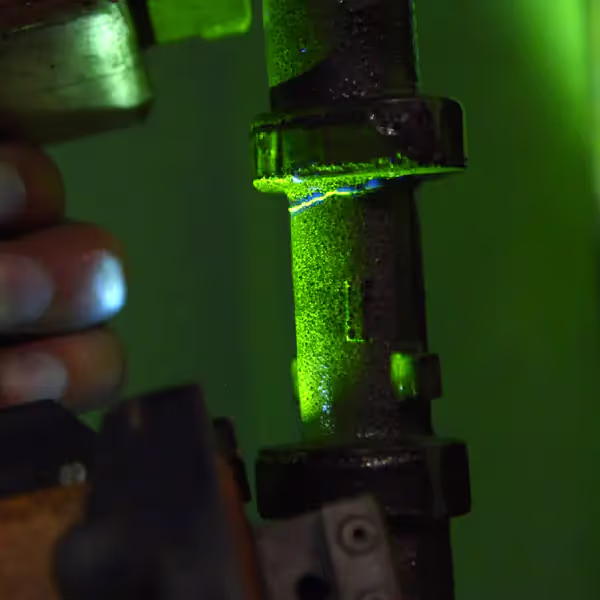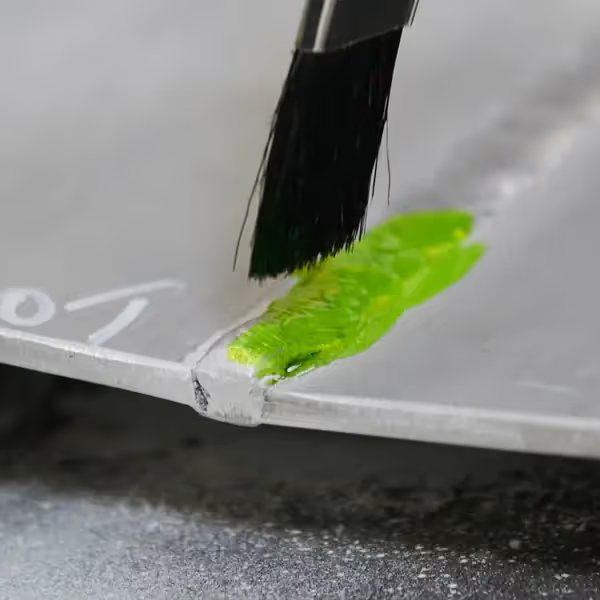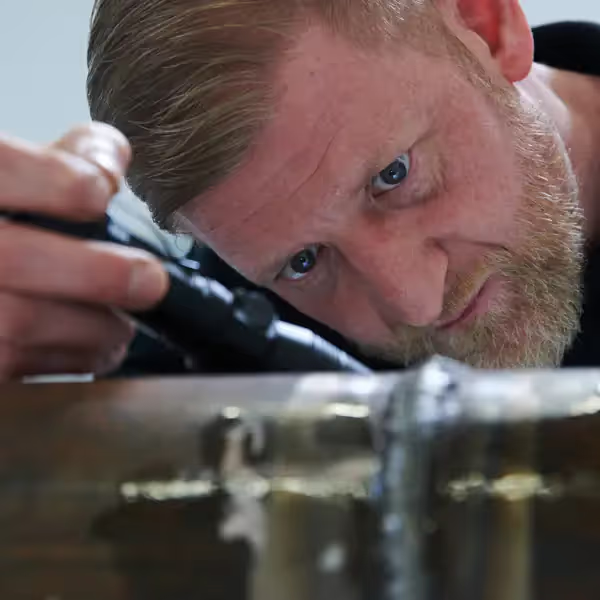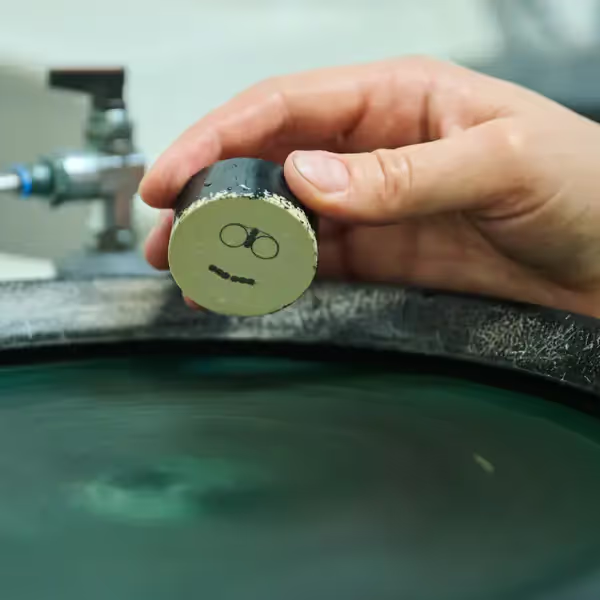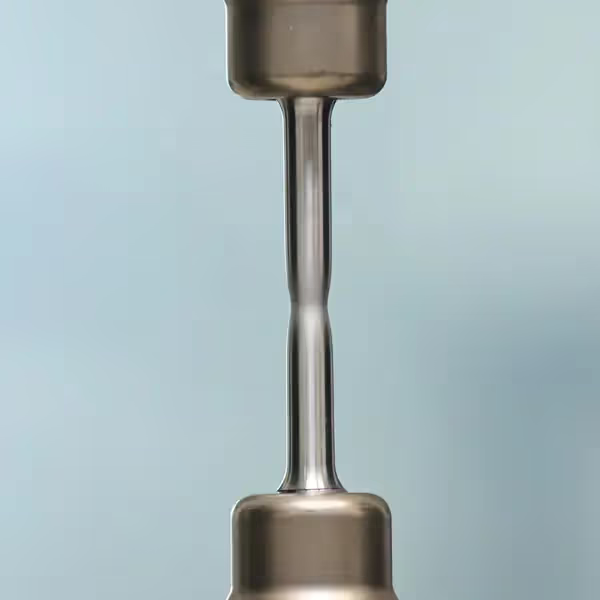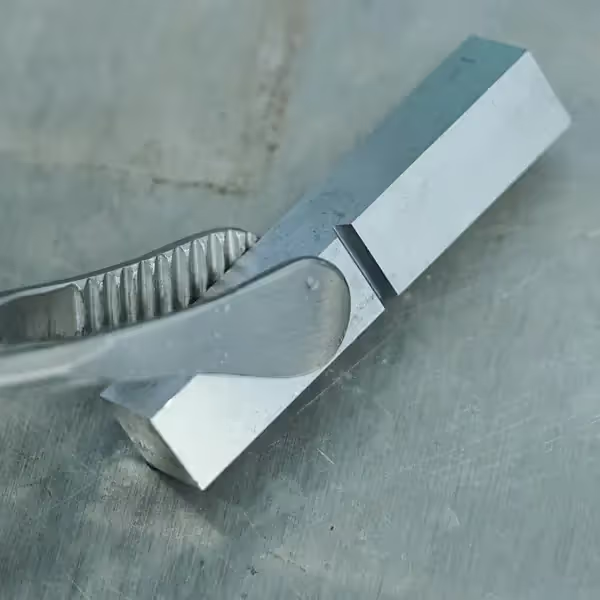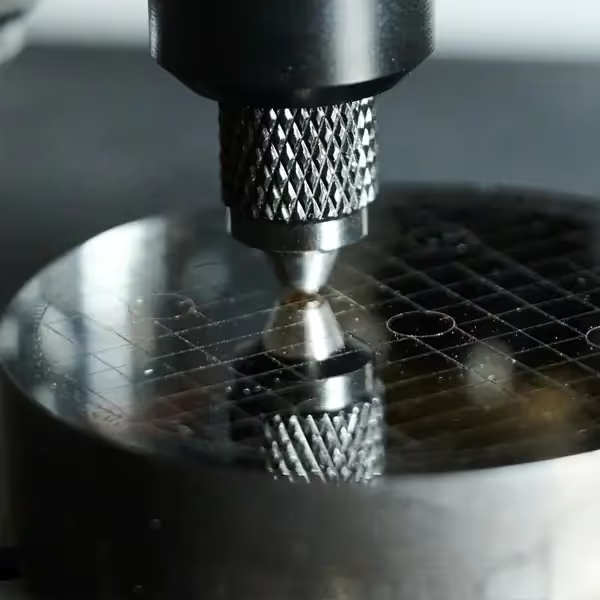Types of Defects in Forged Parts – Causes & Suitable Testing Methods
| Defect Group | Defect Type | Causes | Detectability |
|---|---|---|---|
| Cracks | Stress cracks, hardness cracks | Improper heat treatment (too rapid heating/cooling), uneven cross-sections, existing pre-damage | UT · RT · MT · PT |
| Cracks | Flake cracks | Hydrogen in the material; gas activation during heat treatment; grain boundary cracking | UT · RT · MT · PT |
| Forging Defects | Core forging defect | Insufficient heating of the workpiece core → reduced formability, internal damage | UT · RT |
| Forging Defects | Forging fold | Too small volume/poor preform; insufficient material intake before forming | MT · PT · VT |
| Forging Defects | Cold welding | Separations in joining/forming process due to too low temperature or oxidation | UT · RT · MT · PT · VT |
| Microstructure | Microstructure inhomogeneities | Misoriented carbides/non-metallic inclusions (e.g. sulfides/nitrides), faulty heat treatment | Metallography |
| Raw Material | Laminations | Former gas bubbles/voids/segregations from the block; lack of metallurgical bonding during forming | UT · RT |
